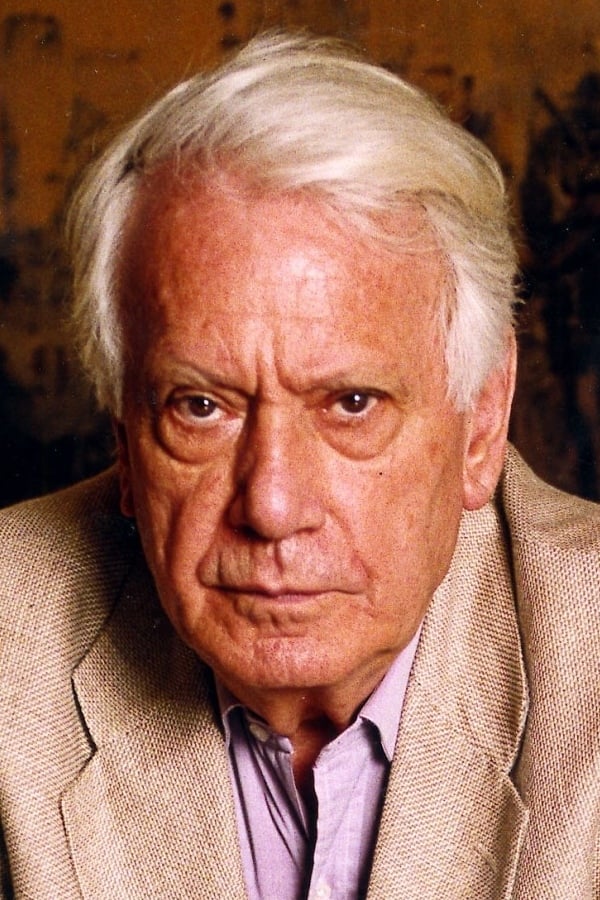
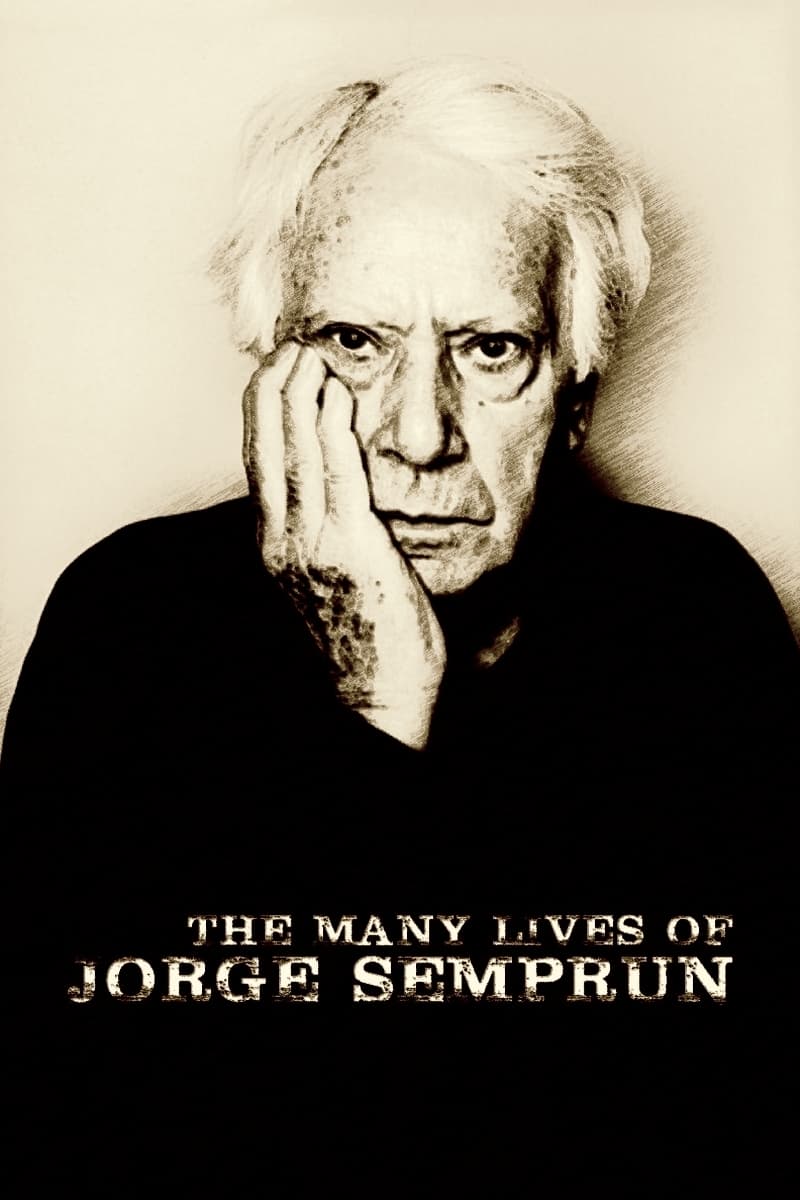
The incredible life of Jorge Semprún (1923-2011): son of a republican intellectual; exiled in the early days of the Spanish Civil War; survivor of the Buchenwald concentration camp during World War II; clandestine communist in Spain during Franco's dictatorship; controversial socialist politician; acclaimed writer, screenwriter and filmmaker.
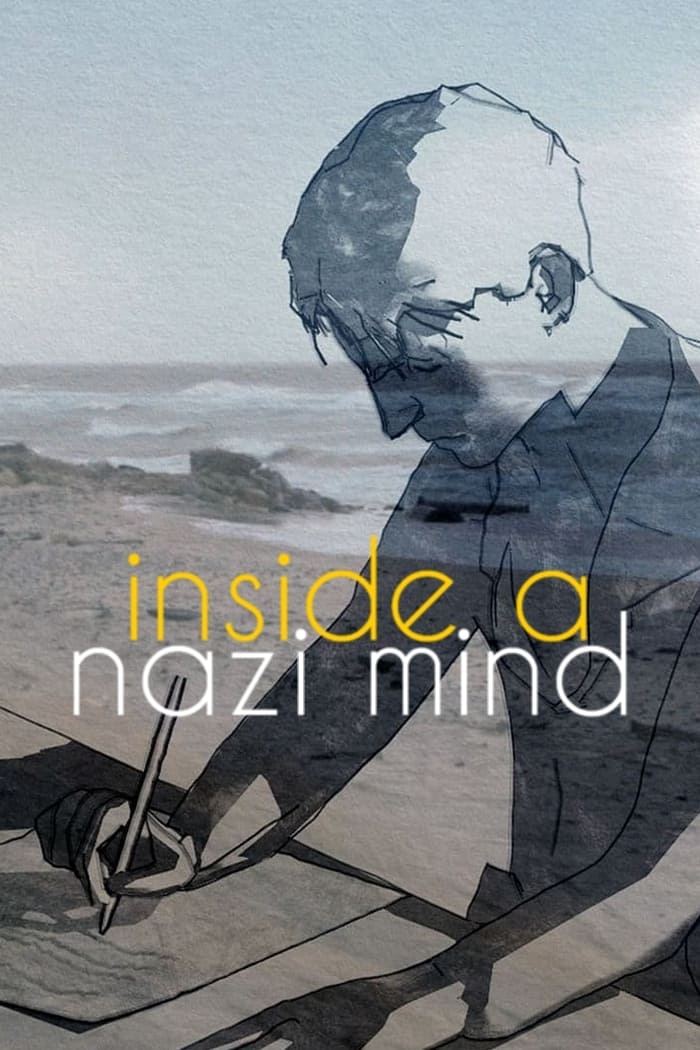
An analysis of The Kindly Ones, Jonathan Littell's controversial novel, published in 2006, which dissects the ruthless mechanisms of the Shoah from the detached point of view of Maximilian Aue, a high-ranking Nazi officer.
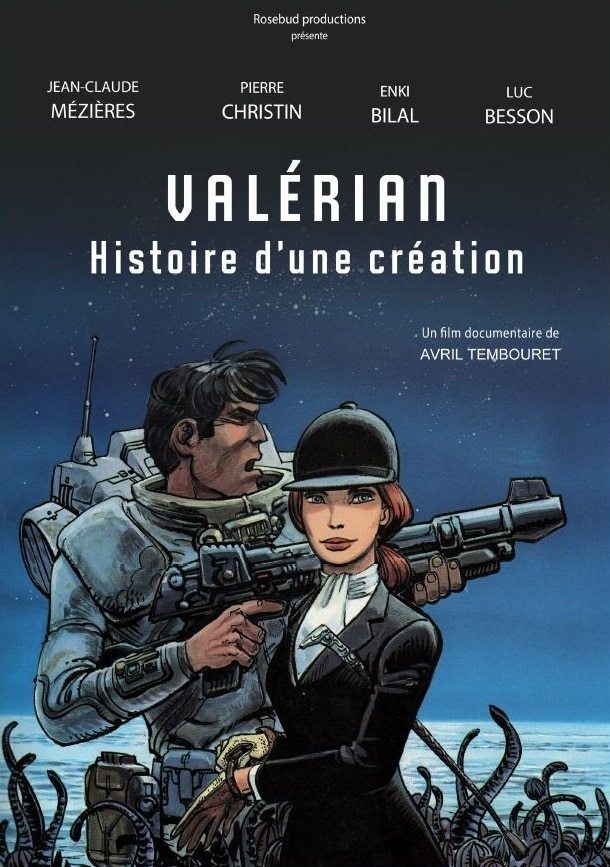
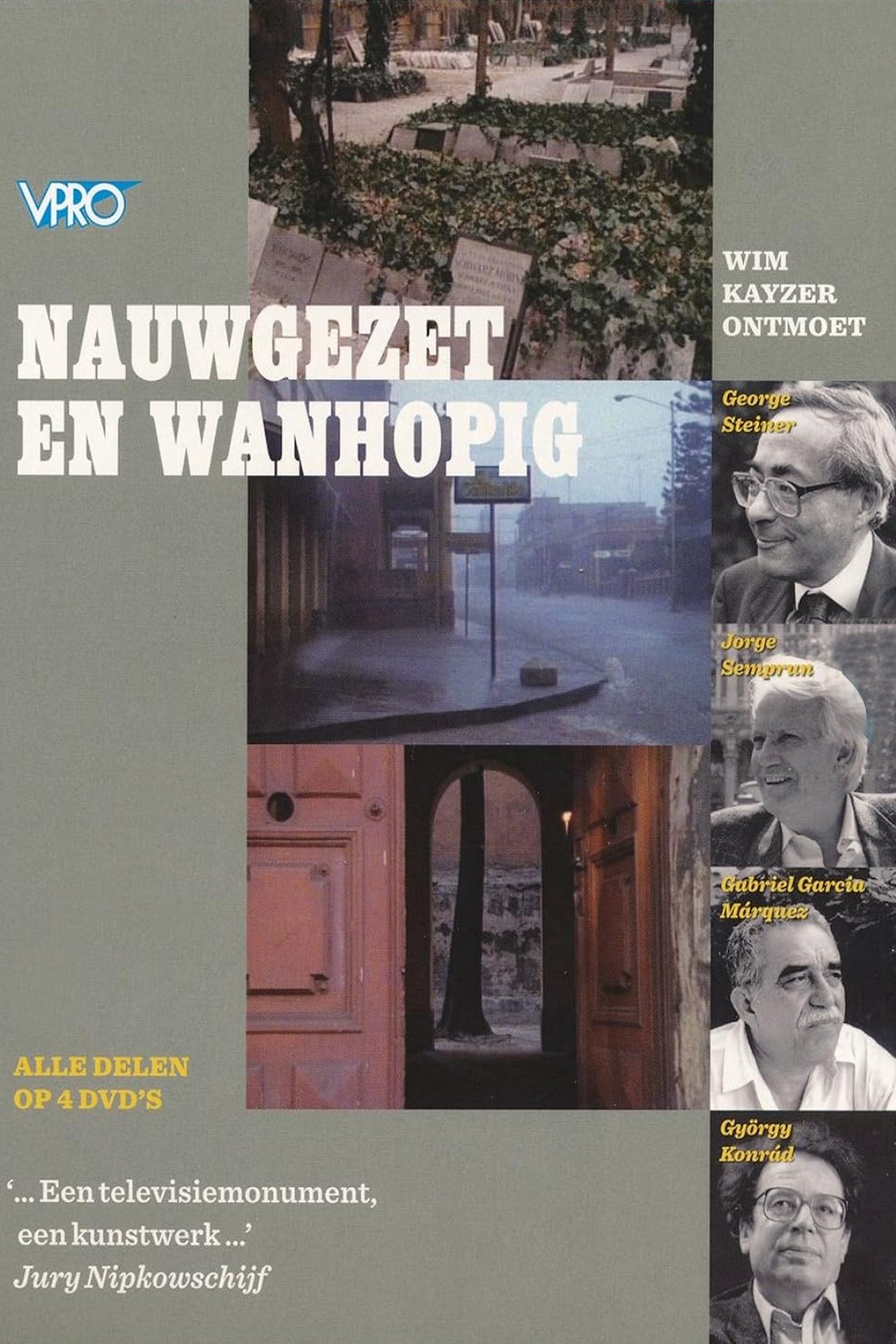
The history of the 20th century told through the memories and reflections of the Spanish writer/politician Jorge Semprún, the Hungarian writer György Konrád, the cosmopolitan writer/literary critic George Steiner and the Latin American writer Gabriel Garcia Márquez.
Jorge Semprún Maura was a Spanish writer and politician. From 1953 to 1962, during the dictatorship of Francisco Franco, Semprún lived clandestinely in Spain working as an organizer for the exiled Communist Party of Spain, but was expelled from the party in 1964. After Franco's death and the change to a democratic government, he was Spain's Minister of Culture from 1988 to 1991. He was screenwriter for two successive films by Greek director Costa-Gavras. In 1996 he became the first non-French author to be elected a member of the Académie Goncourt, which awards an annual literary prize.
By browsing this website, you accept our cookies policy.